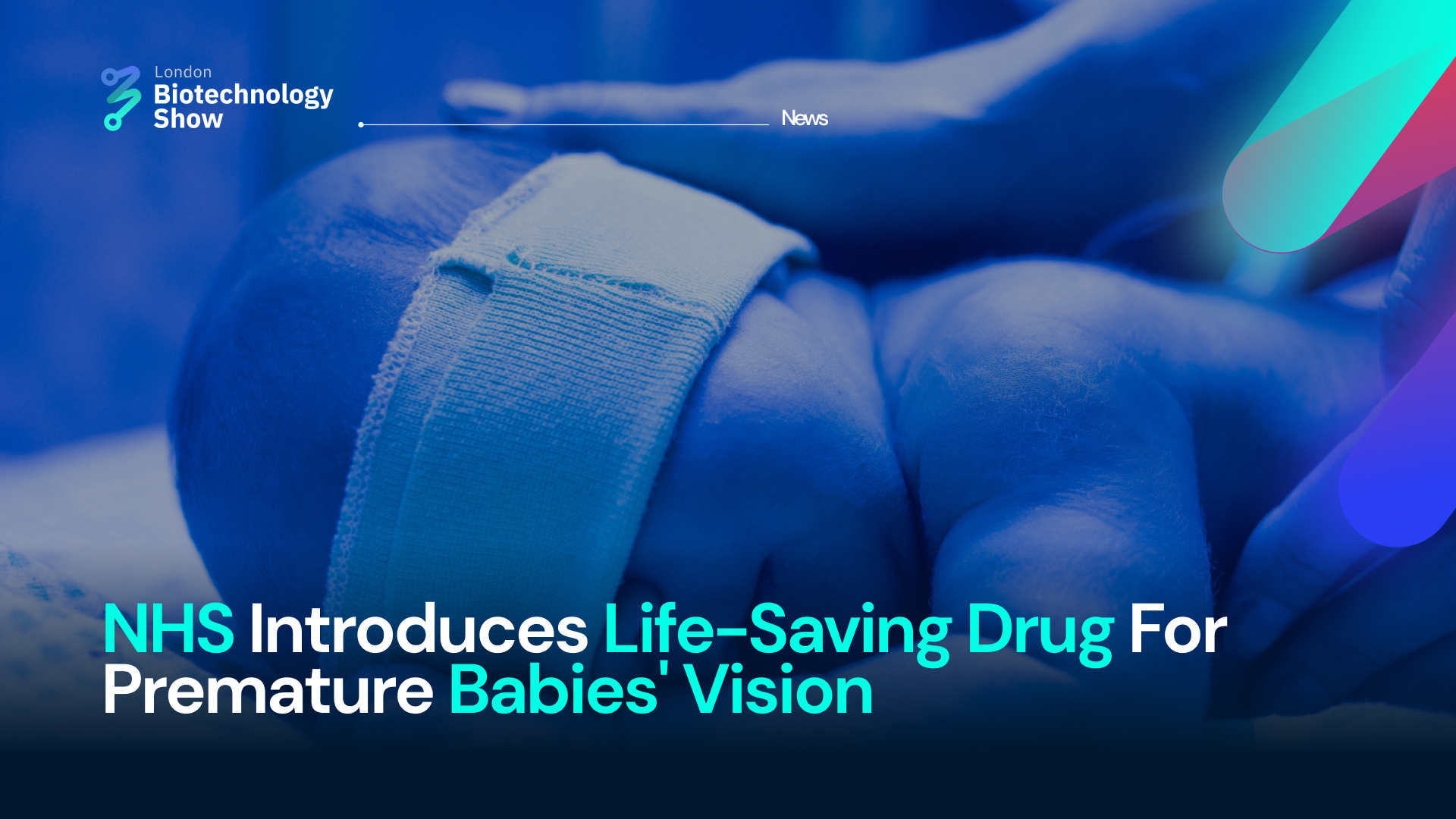4 July 2023: Premature infants in England can now receive drug treatment as a routine measure on the National Health Service (NHS), aimed at preventing blindness. This marks the first instance where such treatment is made available for premature babies within the NHS in England.
Normally, infants who have Retinopathy Of Prematurity (ROP), a condition that harms the blood vessels in the eye and leads to scar tissue and eventual blindness, are provided with laser therapy. Nonetheless, there are some infants who are too delicate to undergo this treatment, particularly due to the additional possibility of causing irreversible vision impairment.
The NHS plans to provide the medication called ranibizumab to premature infants diagnosed with Retinopathy Of Prematurity (ROP). Ranibizumab will be administered through an eye injection method that avoids scarring, which is crucial for infants with ROP.
The process involves temporarily halting the impact of a protein known as the Vascular Endothelial Growth Factor (VEGF), which ultimately diminishes or counteracts the development of blood vessels that can harm a baby's vision.
Due to the condition being preventable, all premature infants undergo screening for ROP. If a severe case is identified, treatment can commence within two or three days, as stated by the healthcare service in its official press release. Around 31% of babies will need a subsequent treatment within four months after their initial one, accompanied by regular monitoring during the first six months and yearly check-ups until they reach the age of five.
NHS chief executive Amanda Pritchard said in an official statement, "The impacts of vision loss can be absolutely devastating, particularly for children and young people, so it's fantastic that this treatment will now give families across the country another life-changing option to help save their child's precious sight. The national rollout of this lifeline treatment for babies who are too poorly to undergo laser therapy is a vital step forward in preventing avoidable vision loss."
This treatment offers hope to countless families and signals a tremendous advancement in medical science. With its proven efficacy in preserving sight and preventing lifelong visual impairments, the decision to make this drug widely accessible underscores the commitment of the healthcare system to prioritise the well-being of the most vulnerable among us. As we move forward, this remarkable development serves as a testament to the power of medical research and the collective effort to ensure a healthier future for all.

